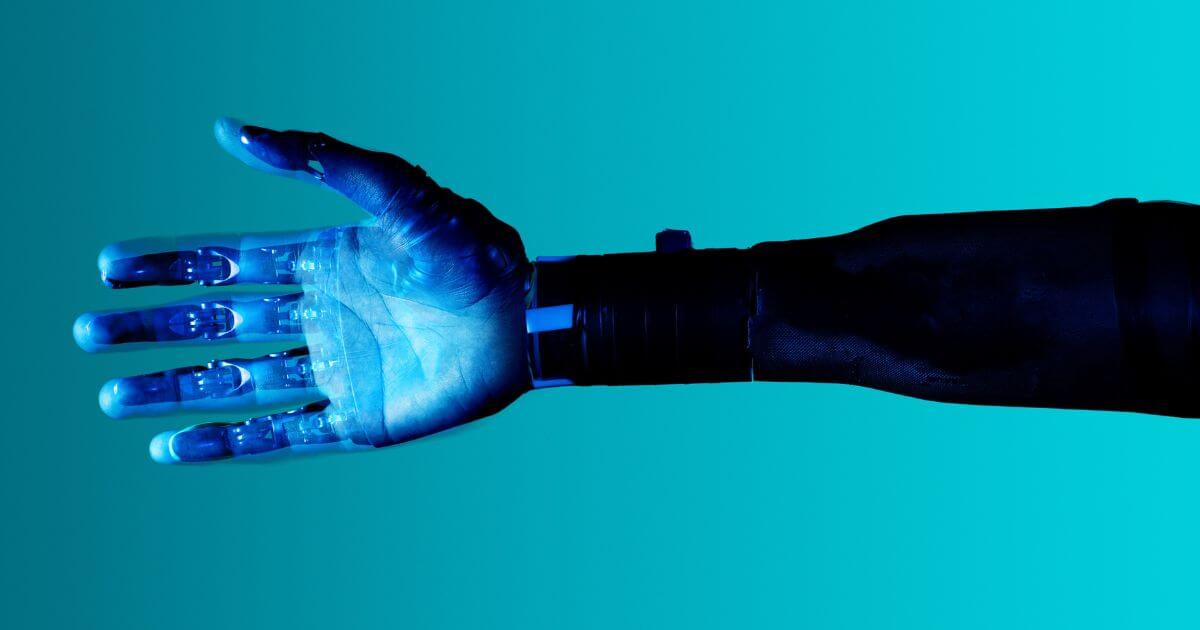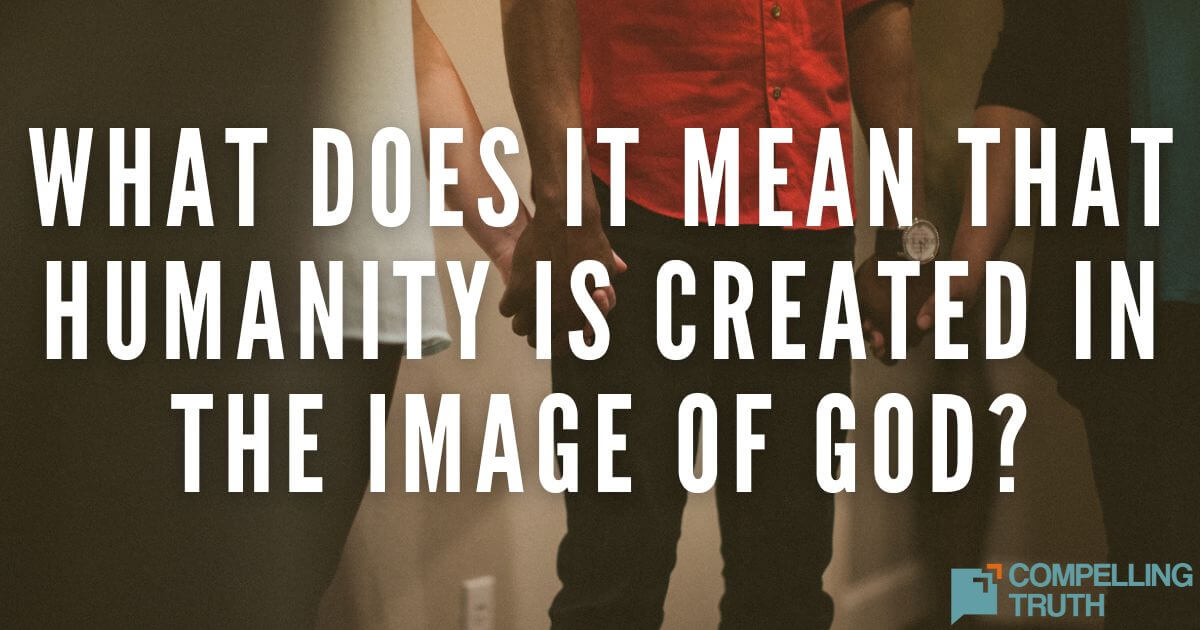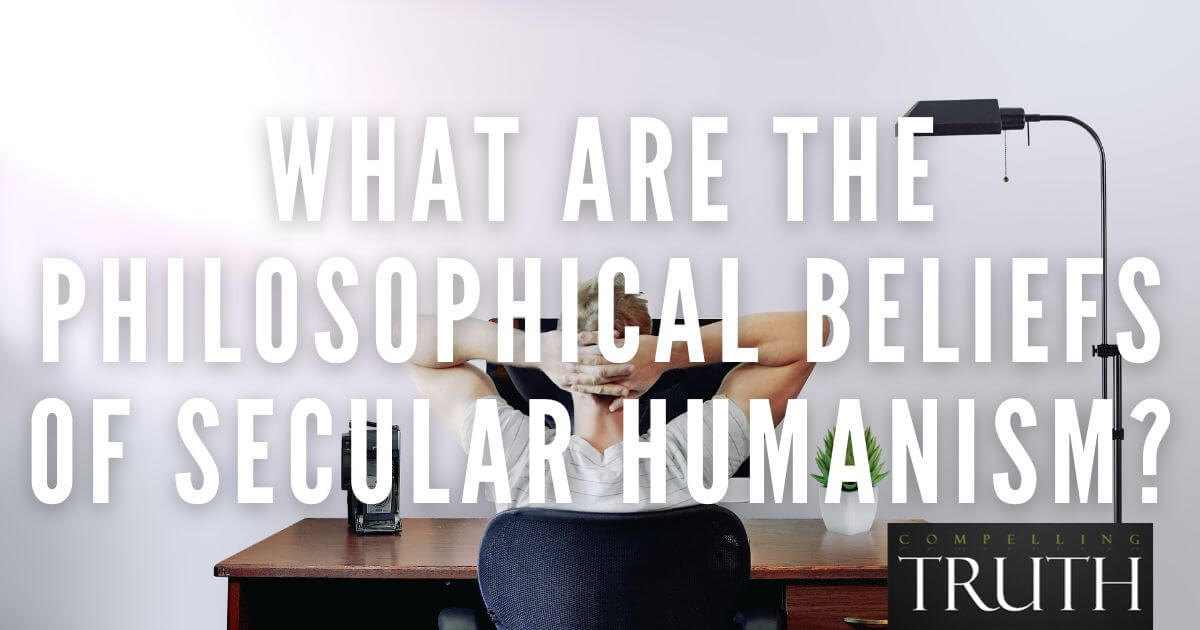what does the bible say?
Transhumanism is a philosophical movement that advocates for the use of technology to enhance human physical and cognitive abilities, potentially transcending current biological limitations. This ideology envisions a future where humanity evolves beyond its present form through scientific and technological advancements. While transhumanism's goals of alleviating suffering and improving human life may seem noble, they often conflict with core Christian beliefs about human nature, salvation, and our relationship with God. The Bible teaches that true fulfillment and transformation come through faith in Christ and the work of the Holy Spirit (2 Corinthians 5:17; Galatians 5:22–23), not through human-driven technological progress. Understanding transhumanism challenges Christians to articulate a biblical view of human dignity, the limits of technology, and the ultimate source of human flourishing.




